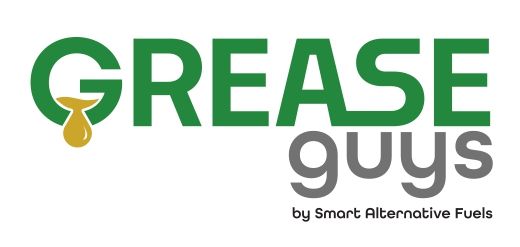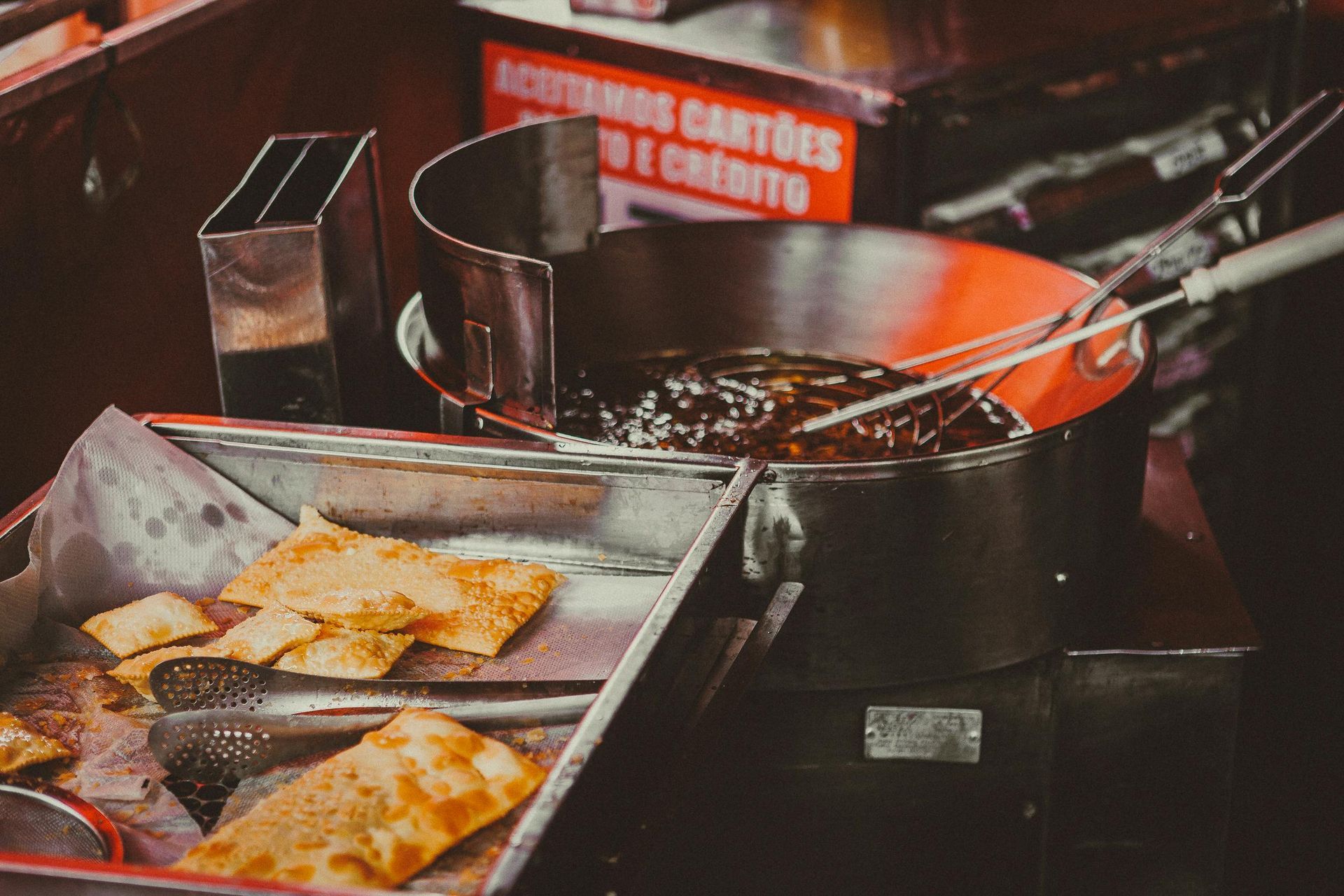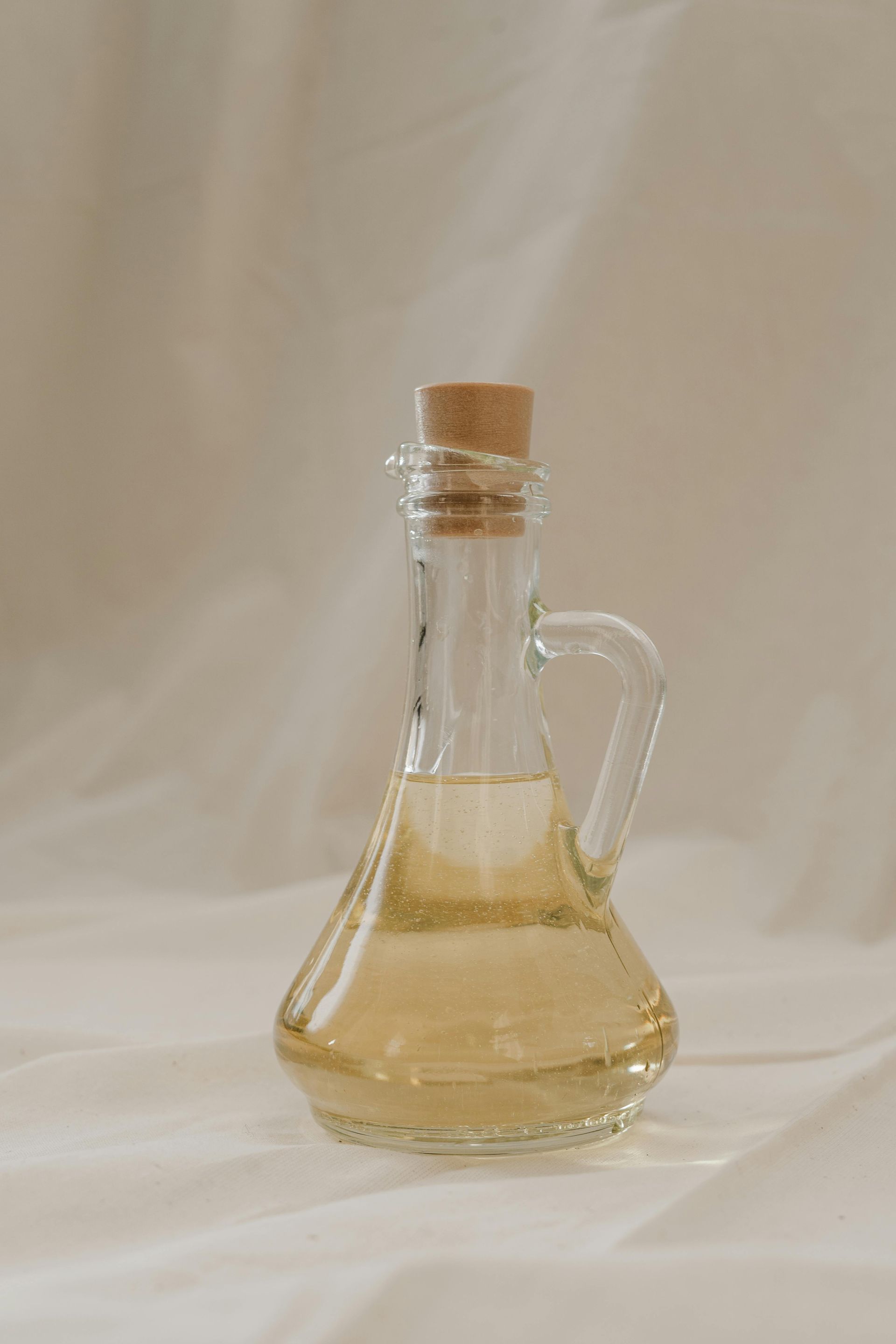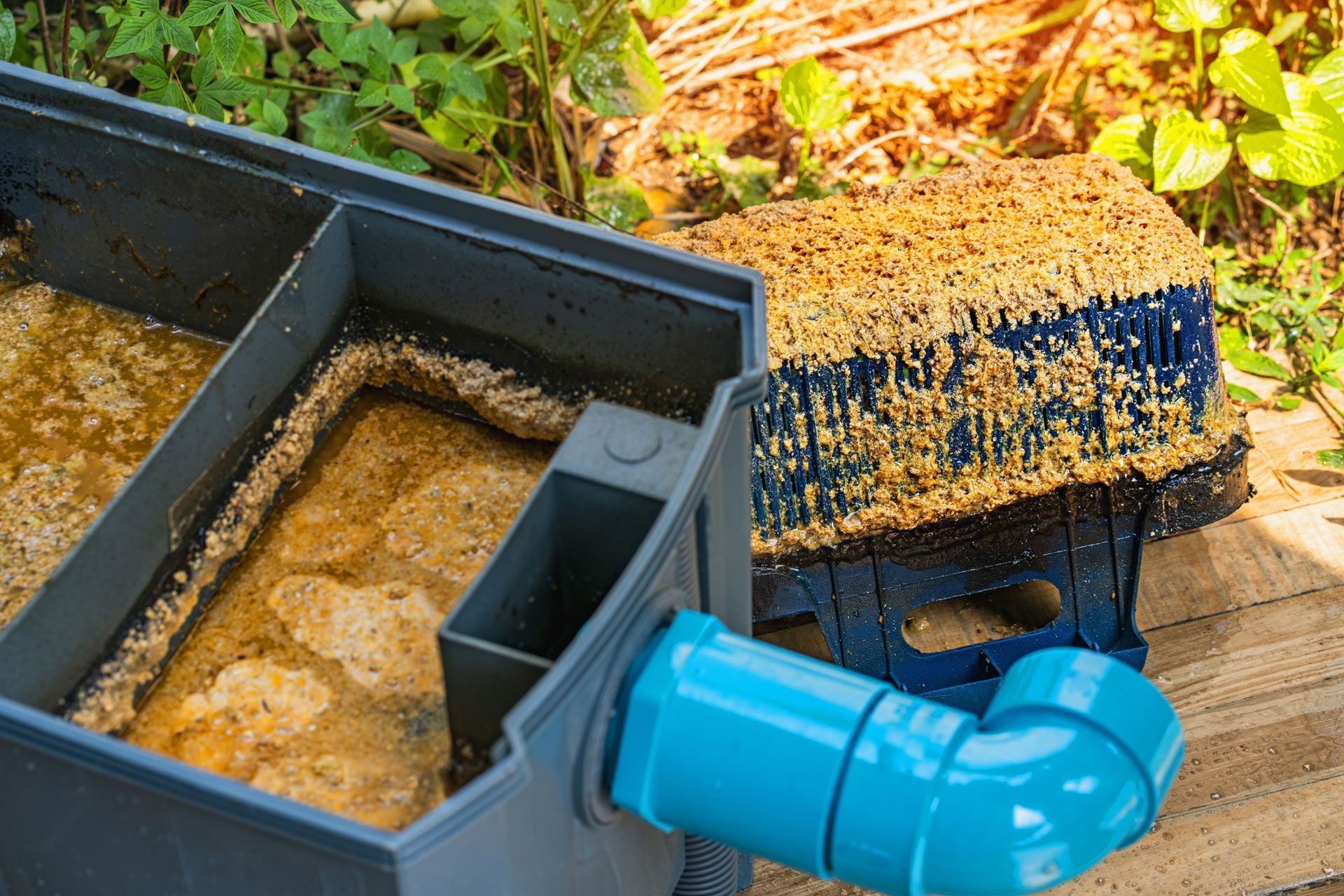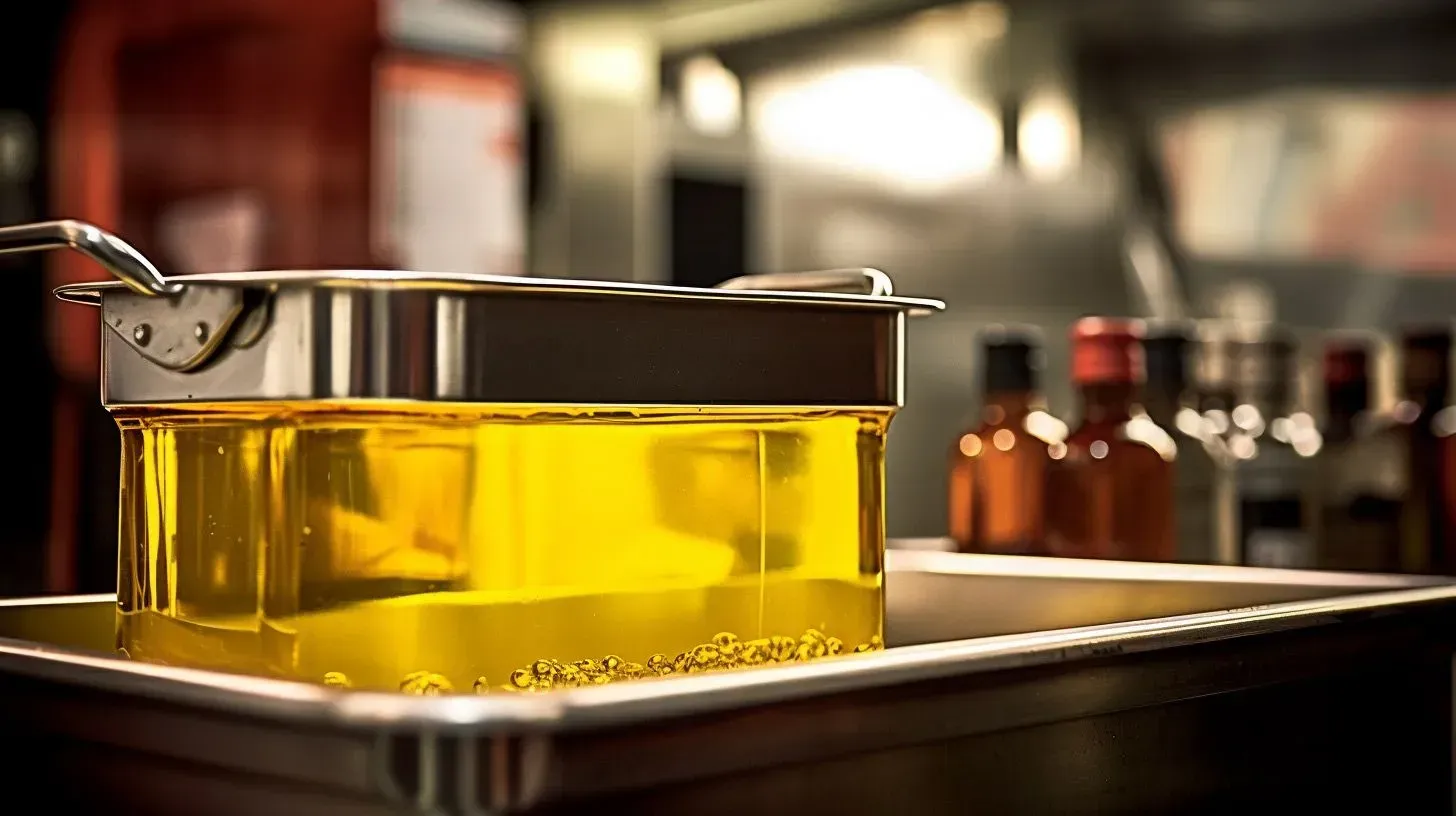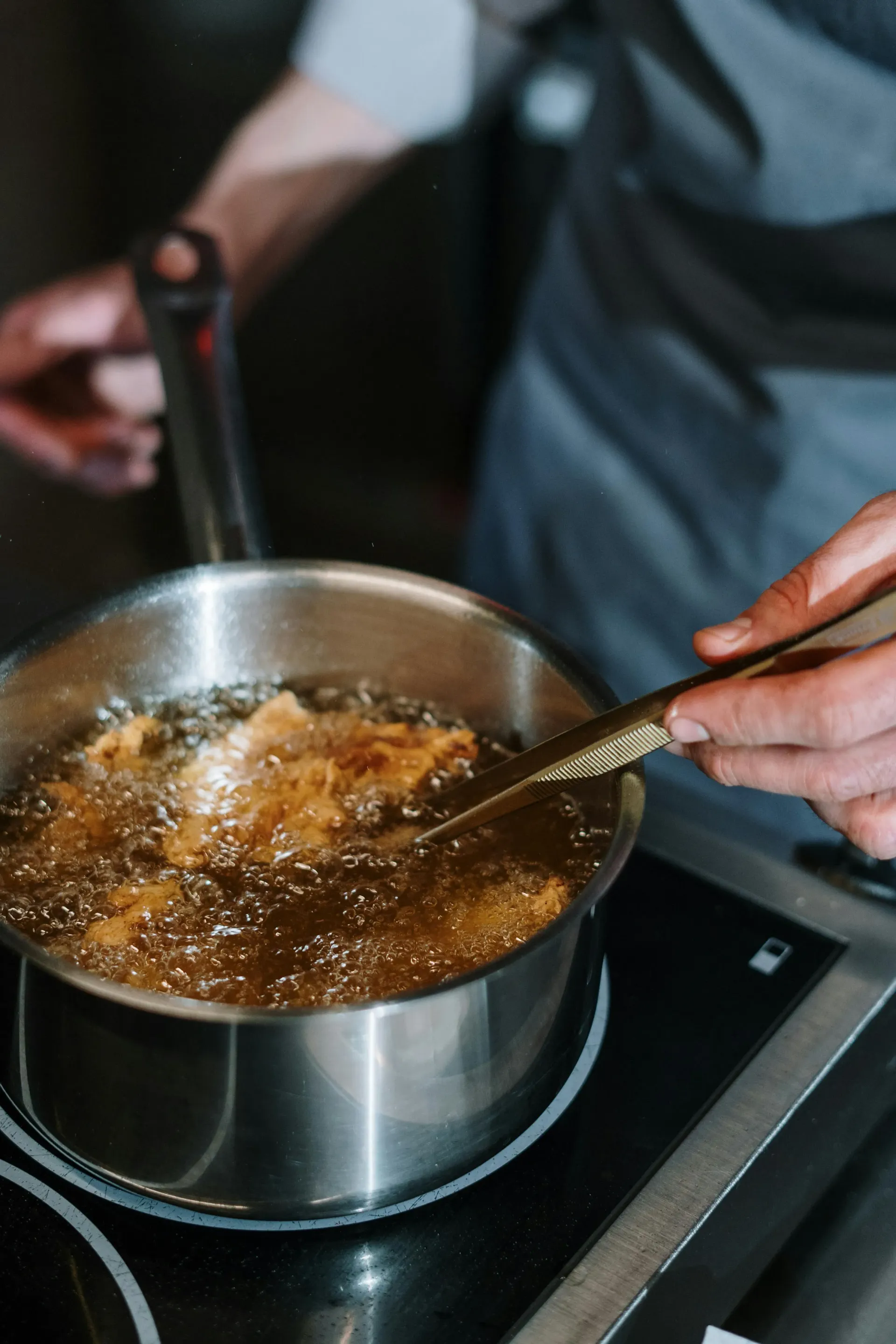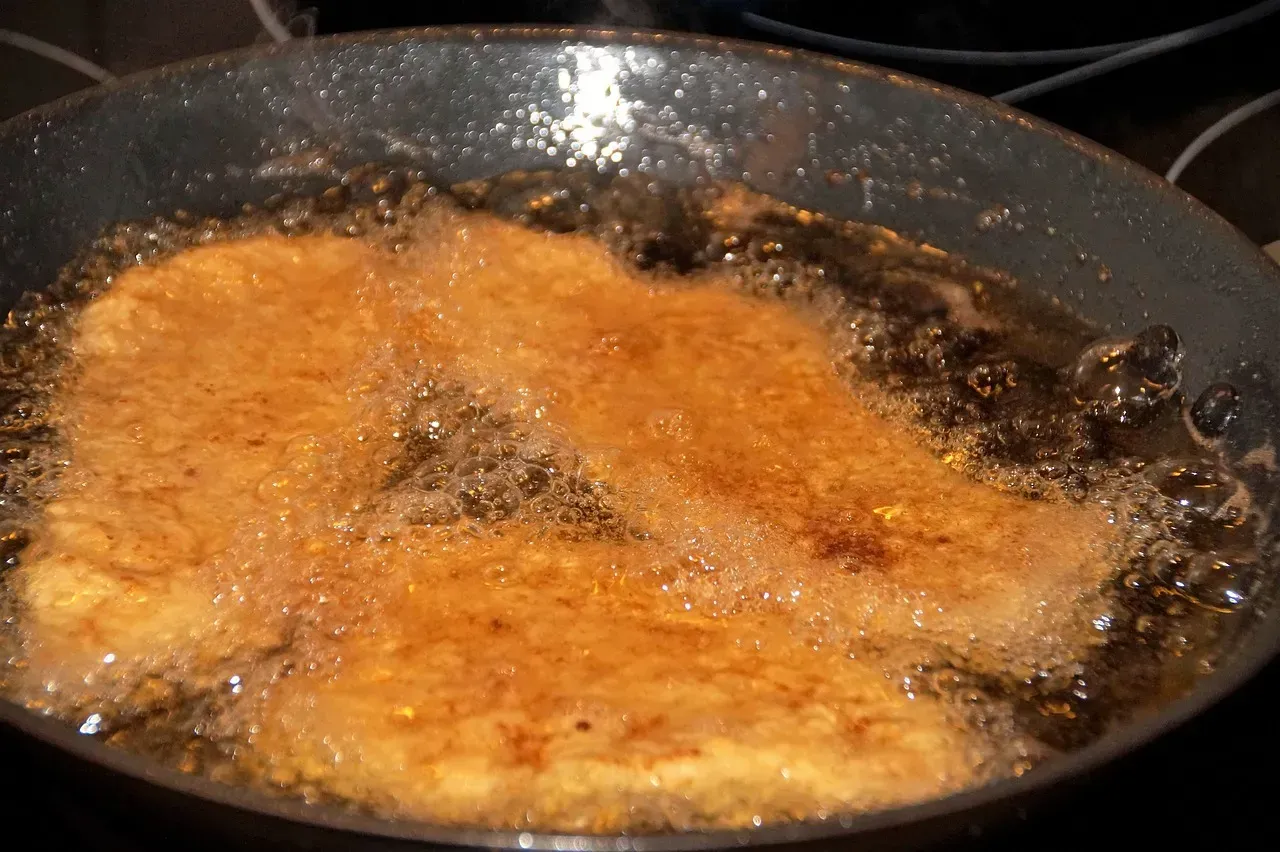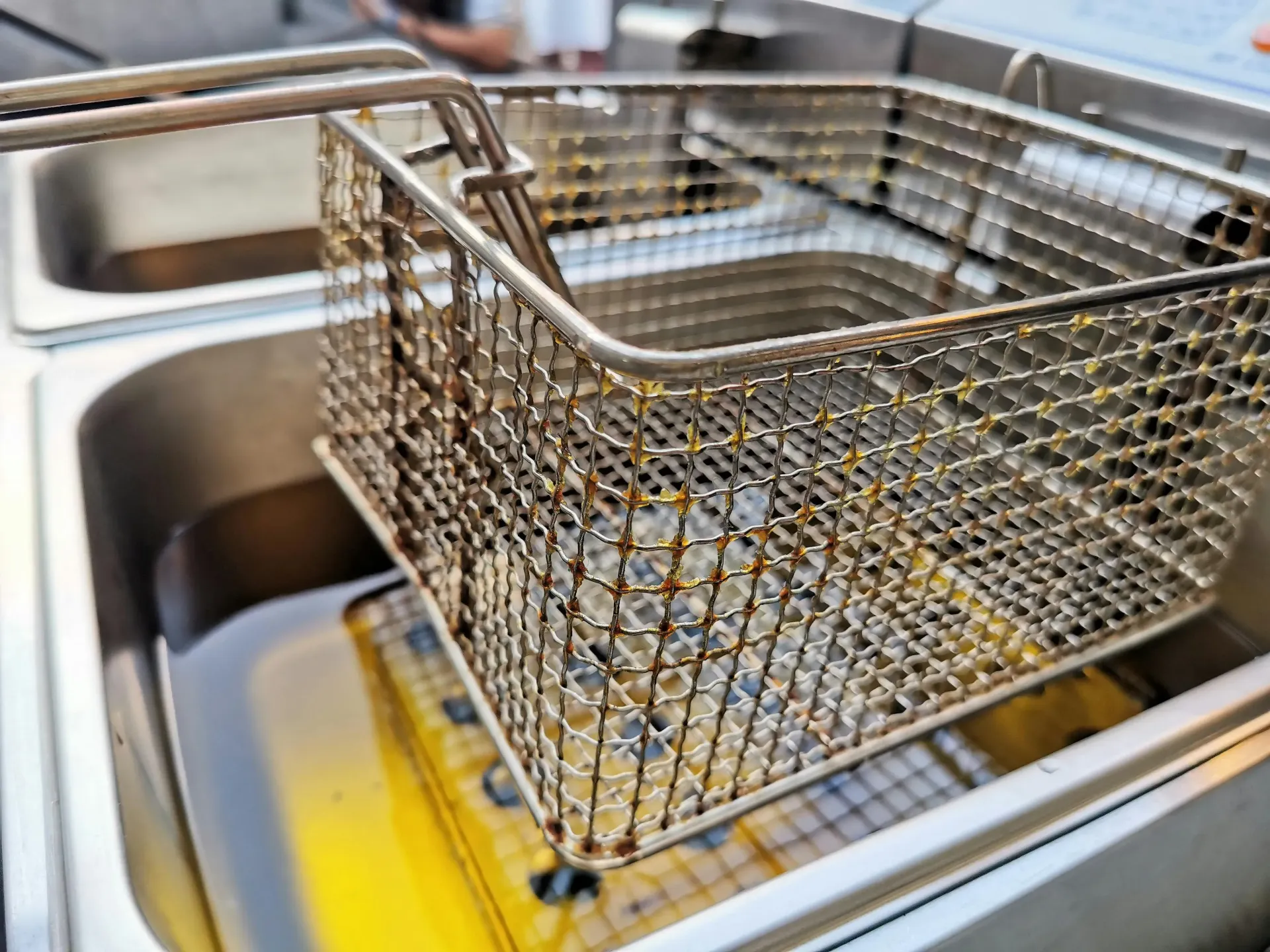Call Us Today!
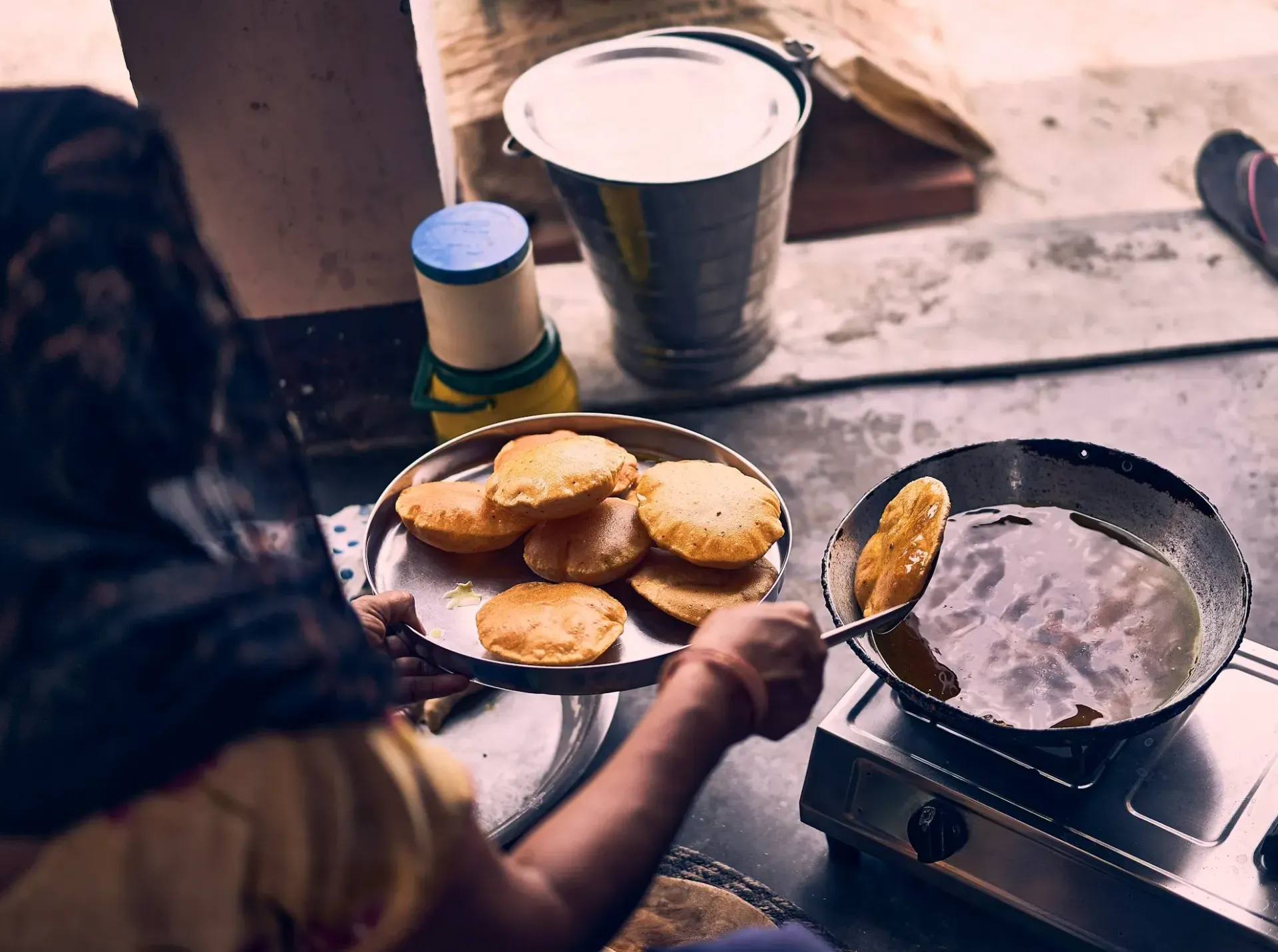
How Much is Used Cooking Oil Worth?
Used cooking oil, also known as waste vegetable oil (WVO), is the leftover oil after frying foods. This oil, from both households and restaurants, often ends up being thrown away once it’s no longer suitable for cooking. However, this discarded oil has a second life—it can be recycled and repurposed.
Let's explore how much you can earn from recycling used cooking oil, the ways to do it, and the benefits it brings.
How Much is Used Cooking Oil Worth?
Recycling used cooking oil can be a profitable venture. The amount you can earn depends on various factors, and understanding these can help you maximize your returns.
Factors that Determine the Value of Used Cooking Oil
Several elements influence the value of your used cooking oil:
- Quality and Purity: The cleaner and purer the oil, the higher the price. Oil free from contaminants like food particles and water is more desirable.
- Quantity: Larger volumes generally fetch better prices. Bulk quantities are often preferred by buyers, leading to more attractive offers.
- Location: Prices can vary based on regional demand and supply. Some areas may have more buyers, increasing competition and driving up prices.
- Market Demand: The demand for biodiesel and other products made from recycled oil can influence the price. When demand is high, prices tend to rise.
Potential Revenue Streams from Selling Used Cooking Oil
There are multiple ways to earn money from your used cooking oil:
- Direct Sales: You can sell directly to local biodiesel producers or companies that use the oil for animal feed. This often yields the best prices.
- Collection Services: Some companies offer to pick up your used oil regularly, providing payment based on the amount collected.
- Partnerships: Partnering with restaurants or other food businesses to collect more oil can increase your volume and, consequently, your earnings.
Comparison of Prices Offered by Different Buyers
The price you get can vary depending on who you sell to:
- Biodiesel Producers: Typically offer the best rates due to their high demand for clean oil.
- Animal Feed Companies: Competitive but slightly lower prices compared to biodiesel producers.
- Recycling Centers: Convenient for drop-offs, but they might offer lower prices due to handling and processing costs.
How Much is Used Cooking Oil Worth per Gallon?
The value of used cooking oil can fluctuate, but on average, you can expect to earn between $0.25 to $0.50 per gallon. The price can be higher for oil that is very clean and free from contaminants.
Who Buys Used Cooking Oil?
- Biodiesel Producers: They refine the oil into biodiesel, which is a renewable energy source.
- Animal Feed Manufacturers: They use the oil as a component in animal feed.
- Recycling Centers: These facilities process and repurpose the oil for various uses.
Recycling used cooking oil can provide a steady income stream while contributing to environmental sustainability. Next, we’ll explore the various ways to recycle used cooking oil effectively.
Ways to Recycle Used Cooking Oil
Recycling used cooking oil is not only beneficial for the environment but also offers practical options for households and businesses. Here’s how you can get started.
Recycling Options for Households
Even if you’re just cooking at home, there are simple ways to recycle your used cooking oil:
- Drop-off Points: Many local recycling centers accept used cooking oil. You can collect your oil in a sealable container and drop it off at designated locations.
- Pick-up Services: Some recycling companies offer home collection services. They’ll pick up your used oil regularly, saving you the trip.
- DIY Biodiesel: If you’re into DIY projects, you can convert used cooking oil into biodiesel at home. This can power your diesel engines, reducing your fuel costs.
Commercial Recycling Programs
For businesses, especially those in the food industry, recycling used cooking oil is a must:
- Restaurant Programs: Many restaurants partner with recycling companies for regular oil collection. This ensures that large quantities of used oil are properly managed and recycled.
- Partnerships: Businesses can form partnerships with recyclers to ensure a steady supply of used oil. This often comes with financial incentives and helps manage waste efficiently.
Impact of Recycling on the Environment
The environmental benefits of recycling used cooking oil are significant:
- Reduces Waste: Recycling keeps used oil out of landfills, reducing the overall waste and its harmful effects.
- Prevents Pollution: Proper disposal prevents oil from clogging drains and contaminating water sources, protecting wildlife and ecosystems.
- Conserves Resources: Recycled oil can be repurposed, reducing the need for new oil production and conserving natural resources.
By recycling used cooking oil, households and businesses can play a crucial role in environmental conservation and sustainability. Next, let’s look at the benefits of recycling used cooking oil in more detail.
Benefits of Recycling Used Cooking Oil
Recycling used cooking oil offers a range of benefits that go beyond just environmental impact. Here’s a closer look at why it’s a smart choice.
Environmental Benefits
- Reduces Carbon Footprint: By converting used cooking oil into biodiesel, we can lower greenhouse gas emissions. Biodiesel burns cleaner than fossil fuels, releasing fewer pollutants into the atmosphere.
- Decreases Landfill Waste: Recycling keeps used oil out of landfills, where it can take a long time to break down and potentially cause environmental damage.
- Prevents Pollution: Proper disposal and recycling prevent used oil from clogging sewer systems and polluting waterways, protecting both aquatic life and drinking water sources.
Economic Benefits
- Additional Income: Selling used cooking oil can provide a steady income stream, whether you’re an individual or a business. This extra cash can support other sustainability initiatives or reduce operating costs.
- Job Creation: The recycling industry creates jobs in collection, processing, and manufacturing. This contributes to the local economy and supports green job growth.
- Energy Savings: Biodiesel production from recycled oil is more energy-efficient than producing traditional diesel. This can lead to lower energy costs and greater energy independence.
Social Benefits
- Community Programs: Local recycling initiatives can foster community engagement and awareness about sustainability. These programs often bring people together to work towards common environmental goals.
- Educational Opportunities: Recycling programs can serve as educational tools, teaching people about the importance of sustainability and responsible waste management.
- Improved Public Health: Reducing pollution and waste through recycling contributes to cleaner air and water, which can lead to better overall public health.
Recycling used cooking oil is a win-win situation. It helps the environment, boosts the economy, and benefits society as a whole. In the final section, we’ll summarize the key points and encourage you to take action.
Conclusion
Recycling used cooking oil isn't just a responsible choice—it's a rewarding one. By turning waste into a valuable resource, we can make a positive impact on our environment, economy, and community.
Welcome to Grease Guys, your top choice for kitchen maintenance in Washington. Our dedicated team offers comprehensive services, including Grease Trap Cleaning, Cooking Oil Collection, and Grease Trap Pumping, ensuring your kitchen stays in top condition. We pride ourselves on delivering professional and reliable solutions tailored to meet your needs, whether you’re in Spokane or Sandpoint.
Choose Grease Guys for a seamless, hassle-free experience. Our commitment to professionalism, reliability, and eco-friendly practices makes us Washington's trusted partner in kitchen care. Experience the Grease Guys difference – where cleanliness meets sustainability.
Contact us today to schedule your service and join the movement towards a cleaner, greener kitchen!
Send us a Message
We will get back to you as soon as possible
Please try again later
OUR SERVICES
TIPS & ARTICLE
GET IN TOUCH
Phone: (855) 227-6060
Email: info@greaseguys.com
Address: 3188 Road M.2 NE, Moses Lake, WA 98837, United States of America
Business Hours:
- Mon - Sun
- Open 24 Hours
AREAS WE SERVE
© All Rights Reserved • LocalEyes | Terms of Use | Privacy Policy
